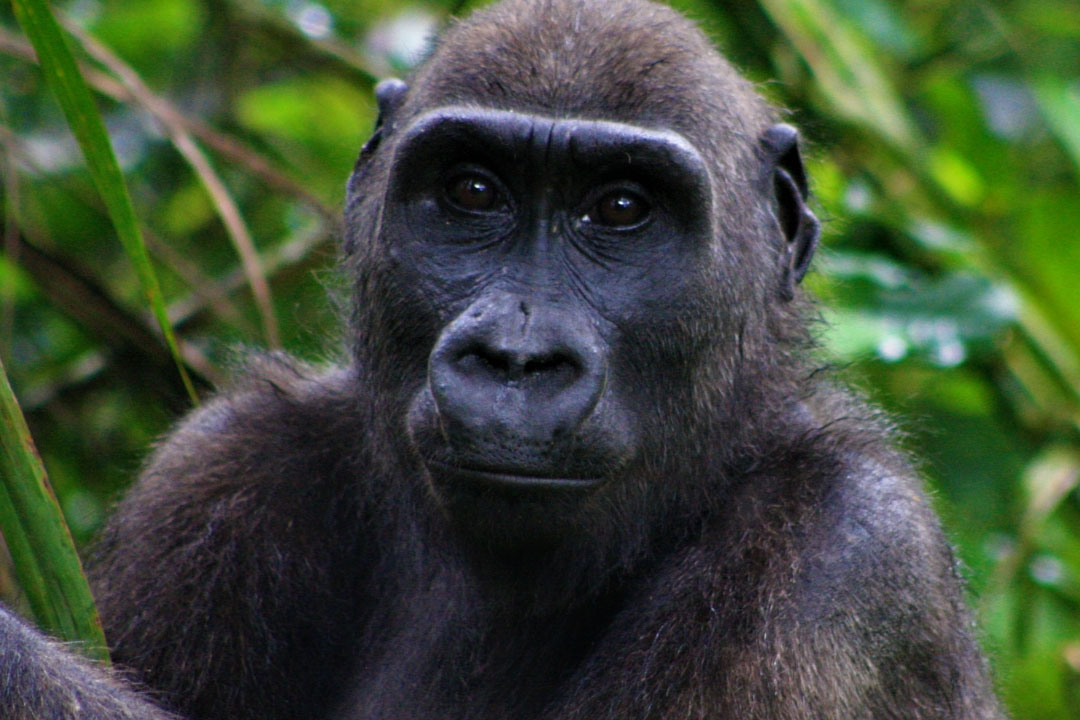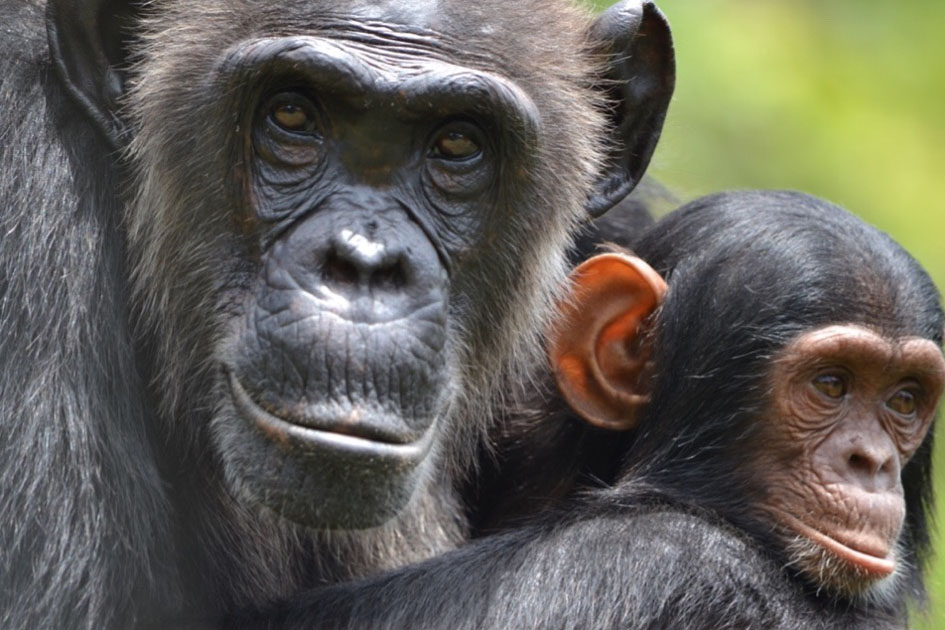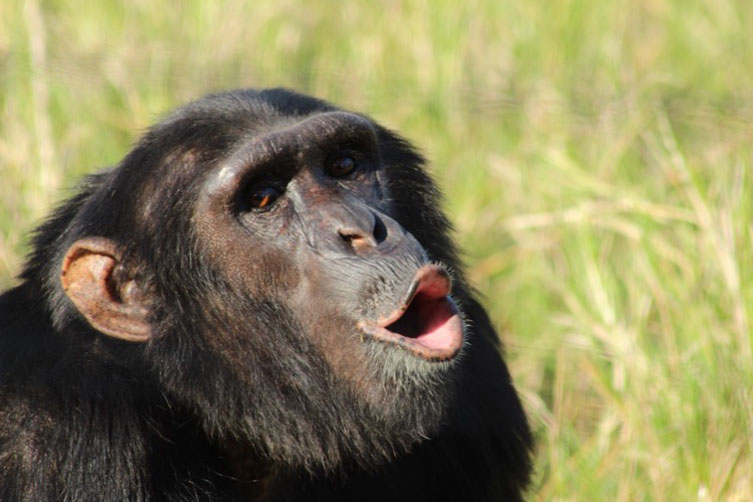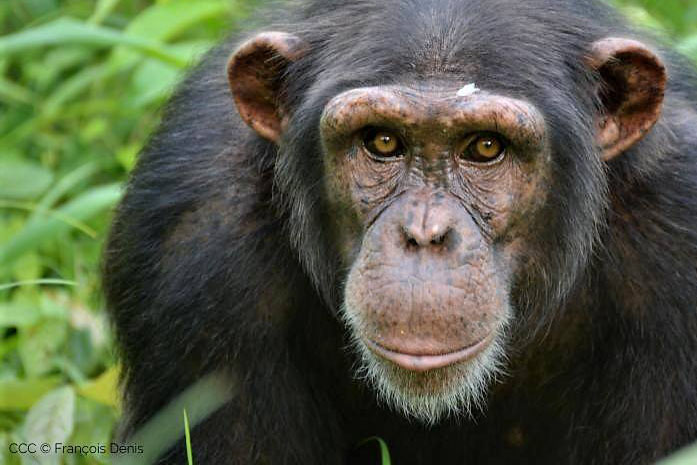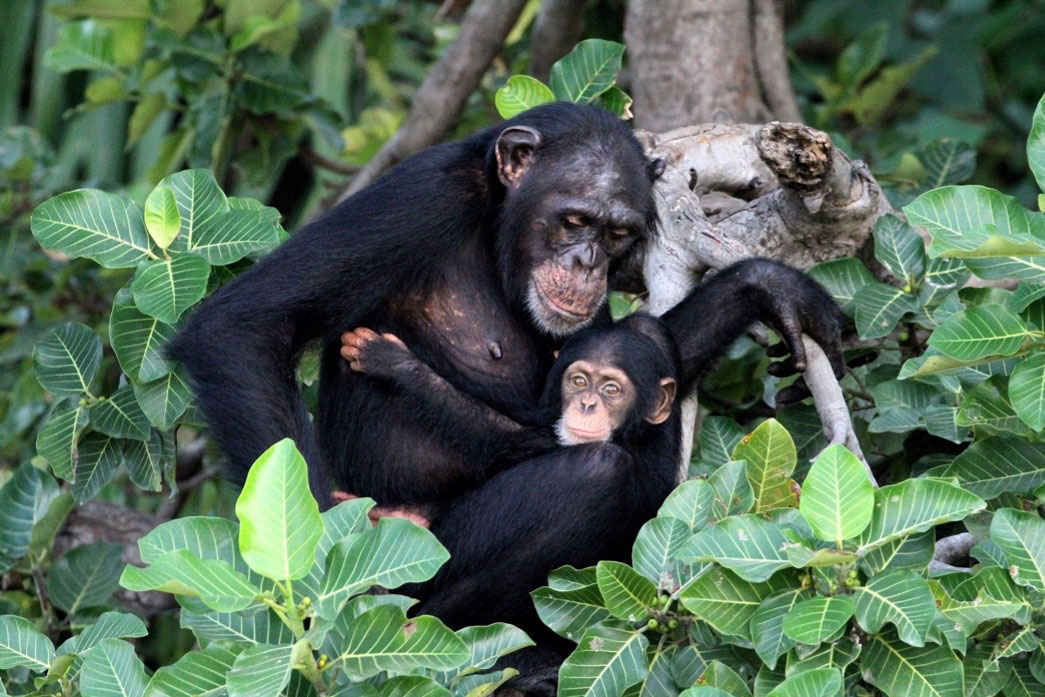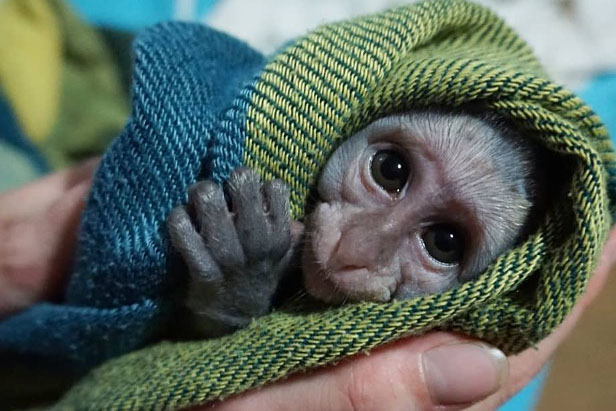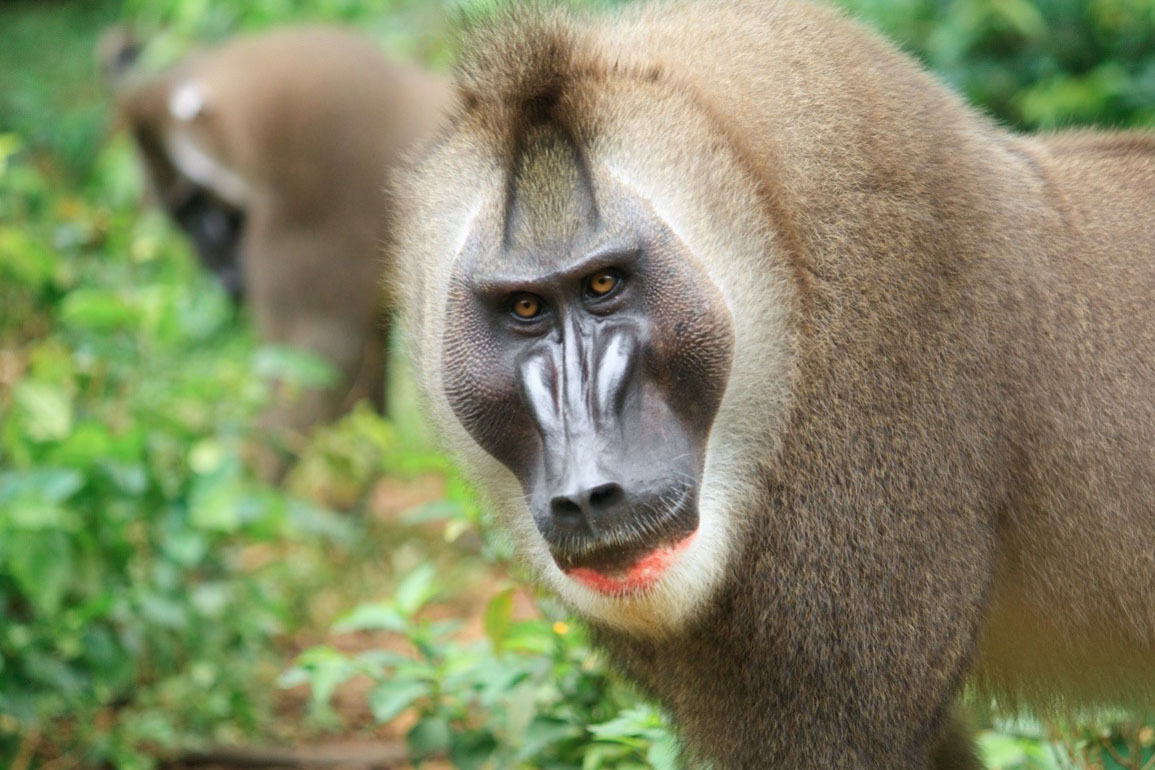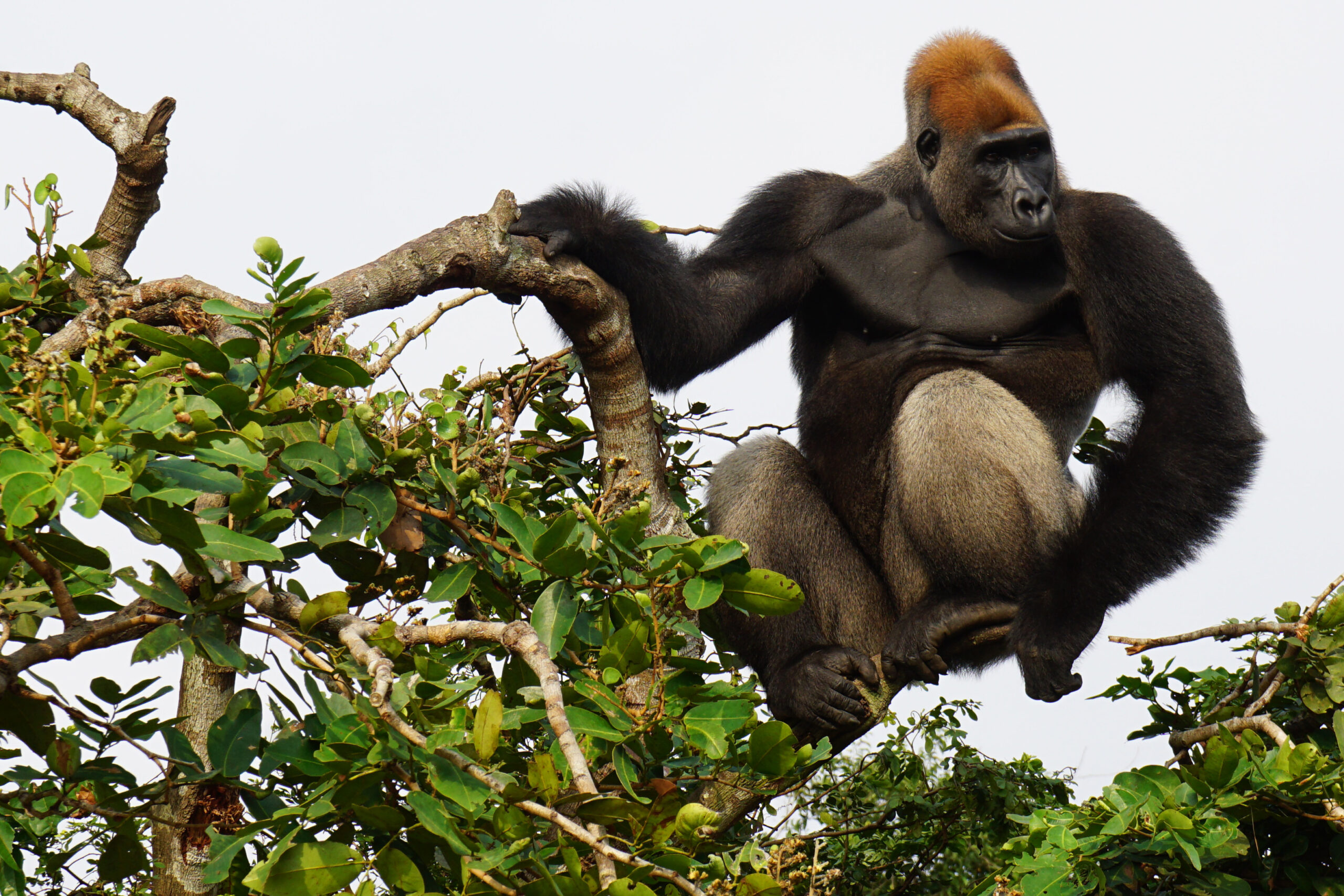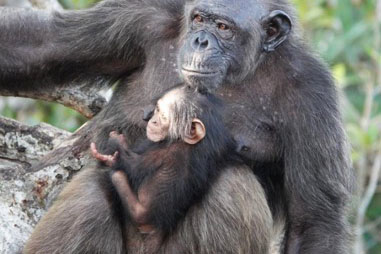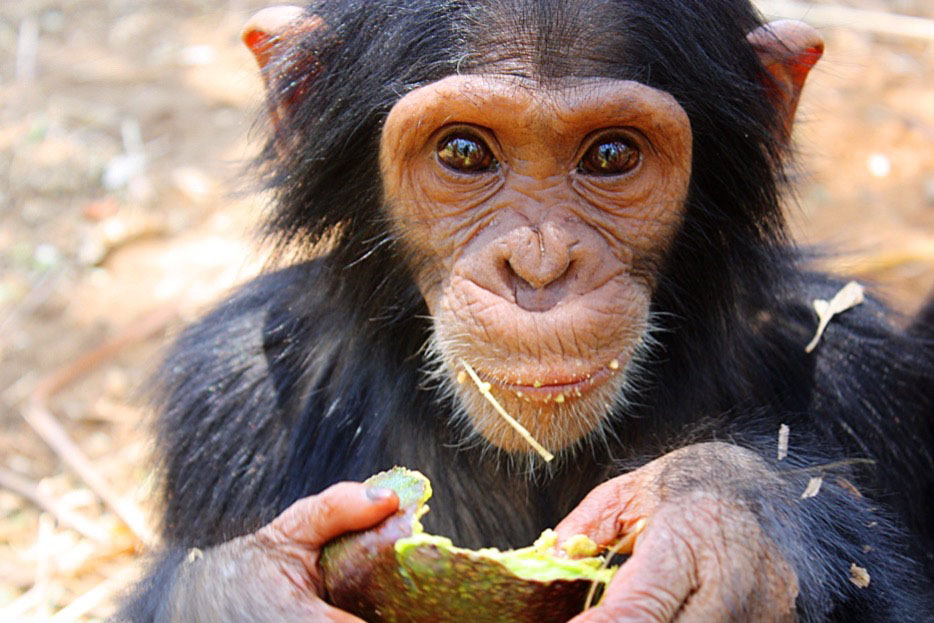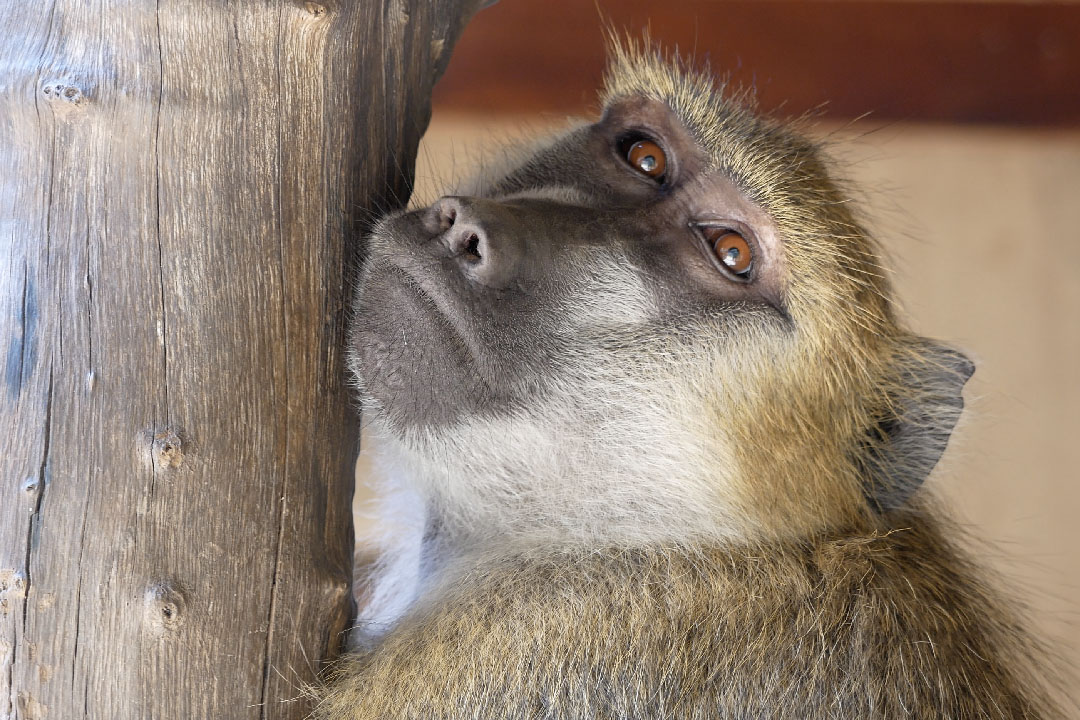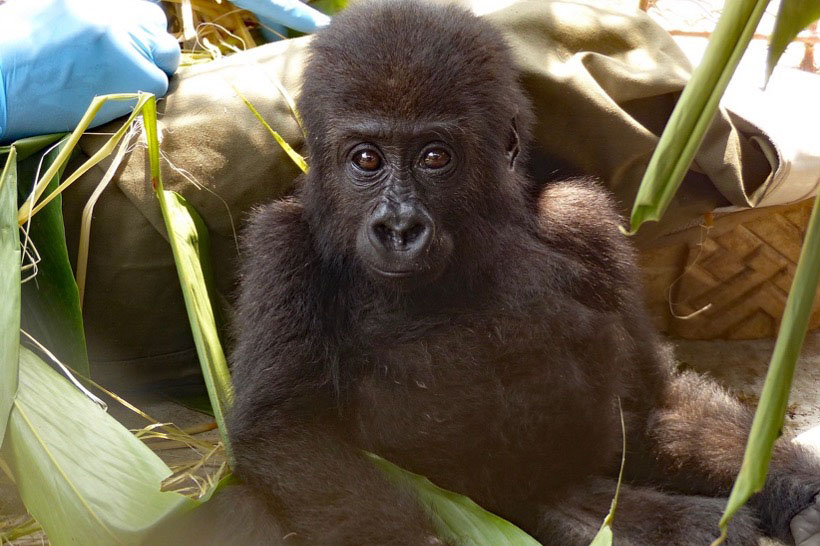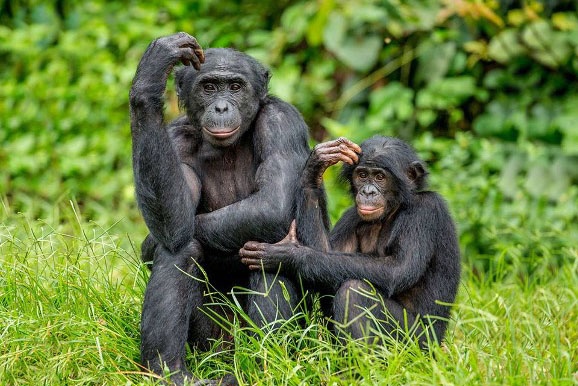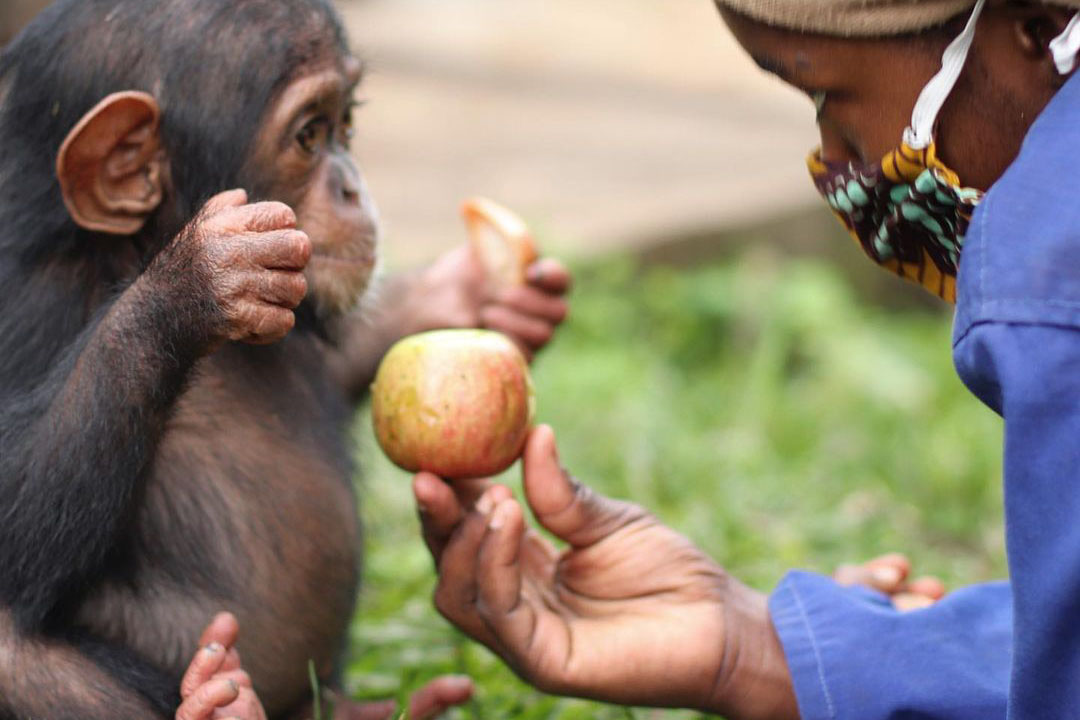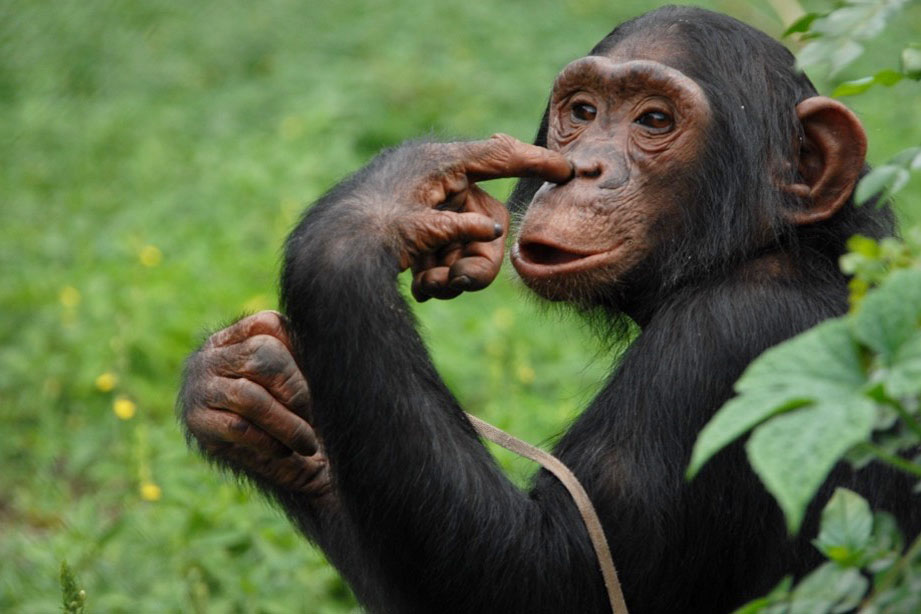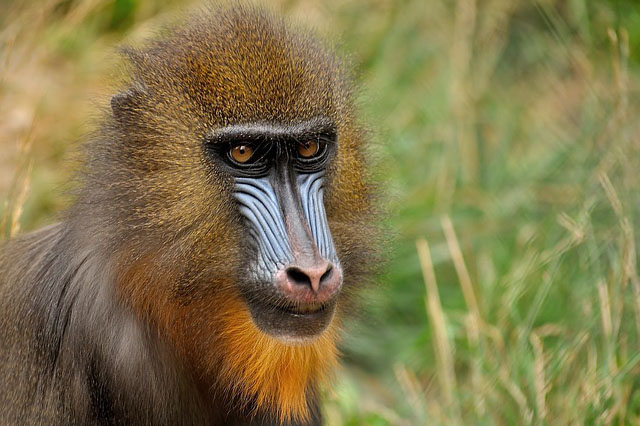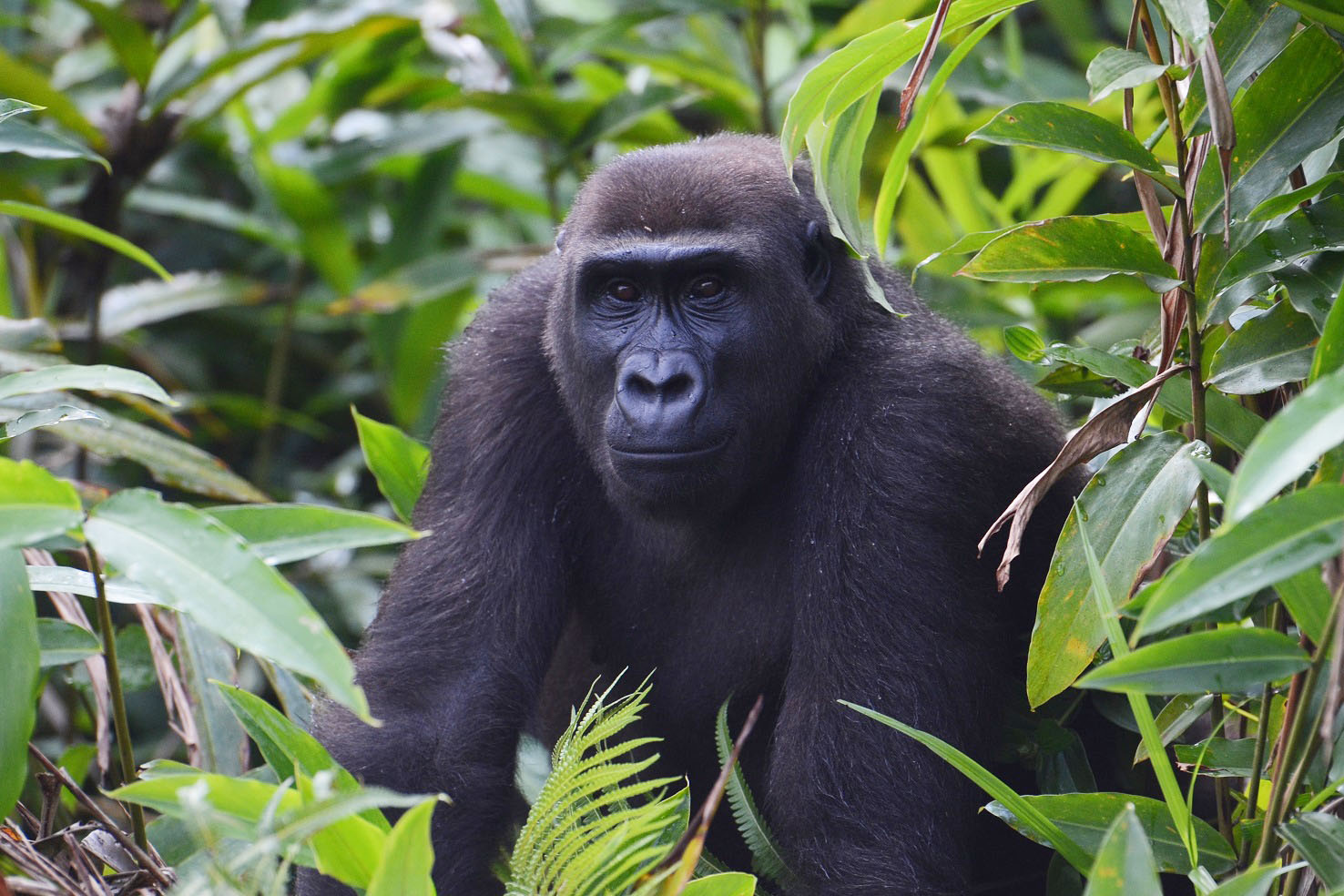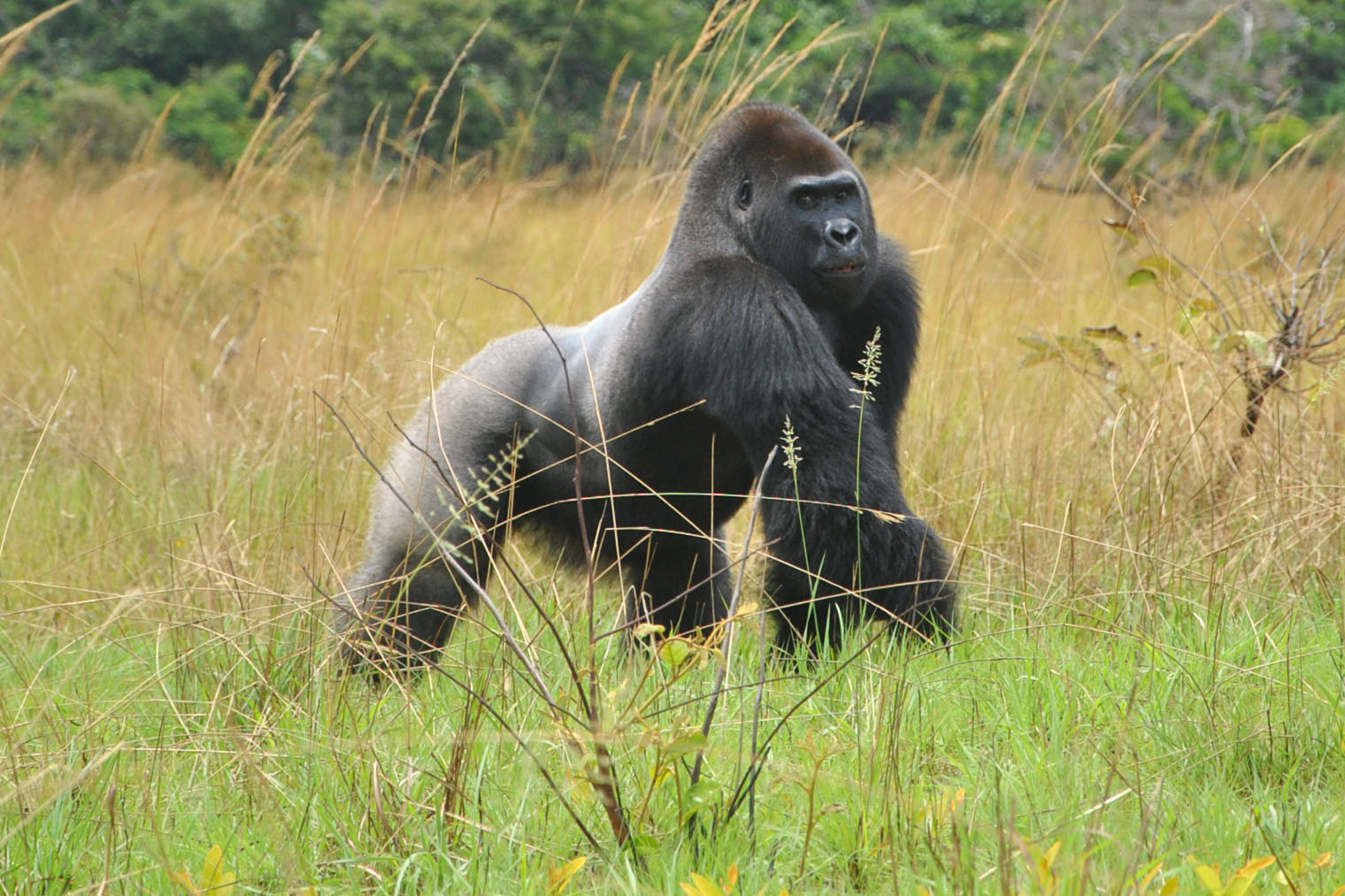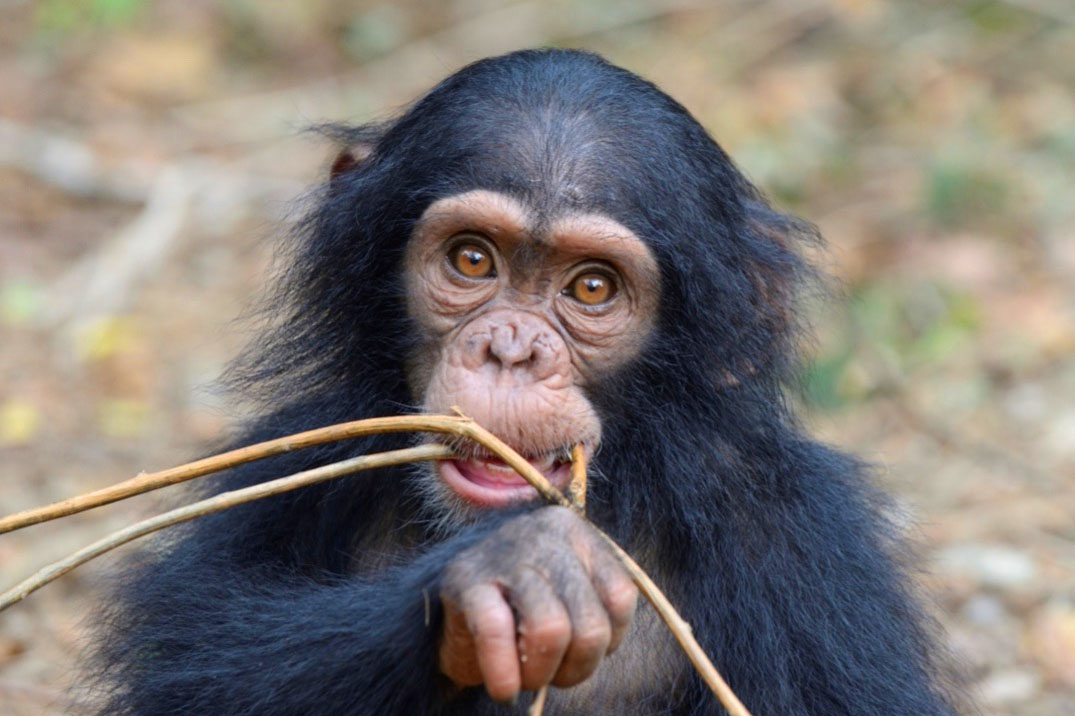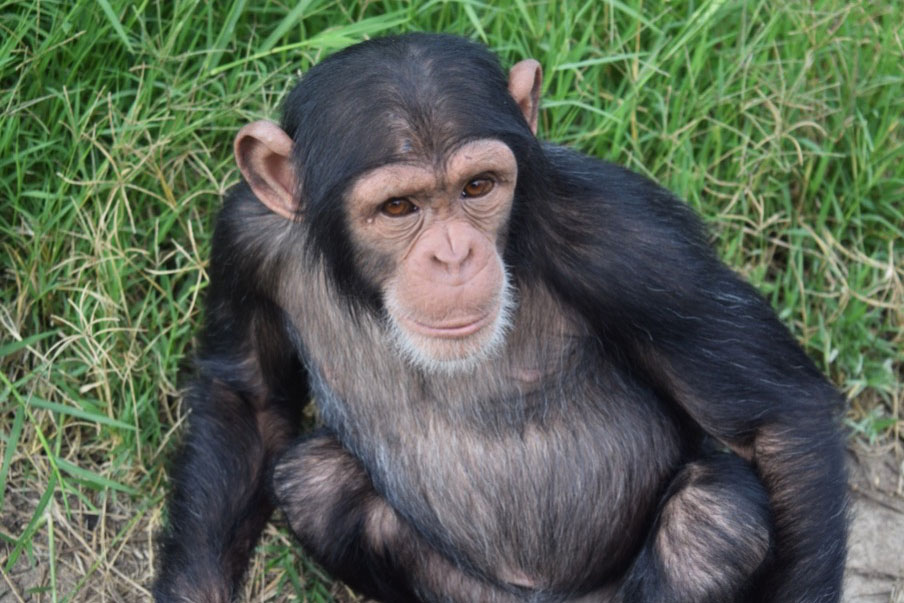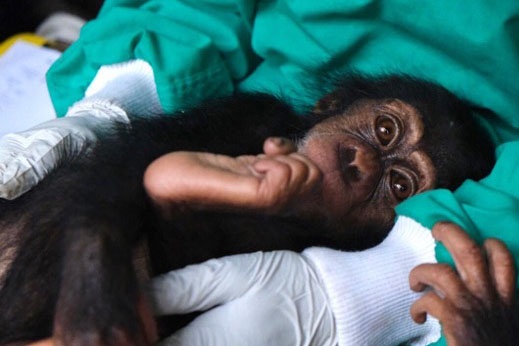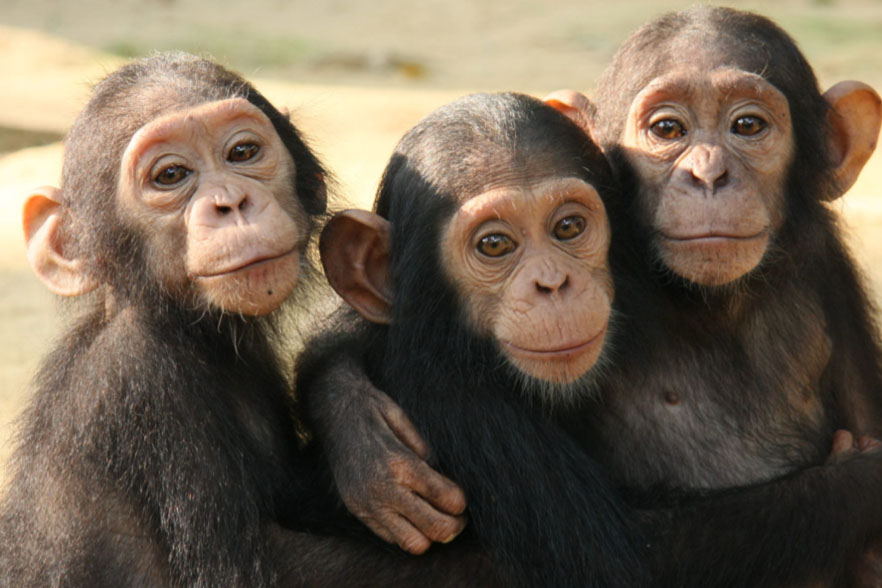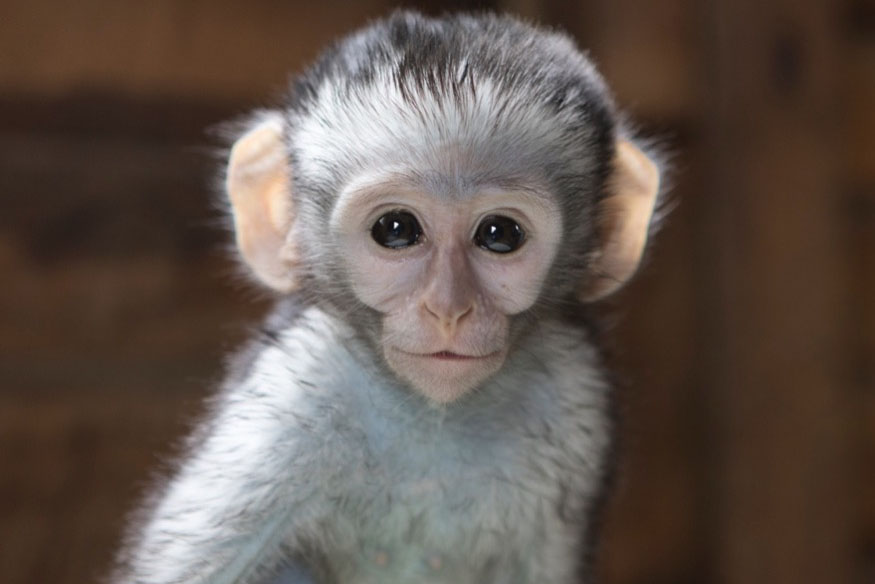Sanctuary Accreditation:
Setting a High Bar for Wildlife Sanctuaries
Joining PASA is not easy. Every sanctuary must meet a rigorous set of criteria. This helps ensure the superior care for all animals.
Quality Matters
Caring for chimpanzees, gorillas, bonobos, and the many species of monkey native to Africa is a rewarding calling. But it has its challenges, too.
That’s why PASA works closely with members and with aspiring sanctuaries to ensure they are set up to succeed. Our accreditation process covers every aspect of sanctuary management – from facilities to veterinary care, staffing, governance, and finances. Everything it takes to make the long term commitment to primates in need.
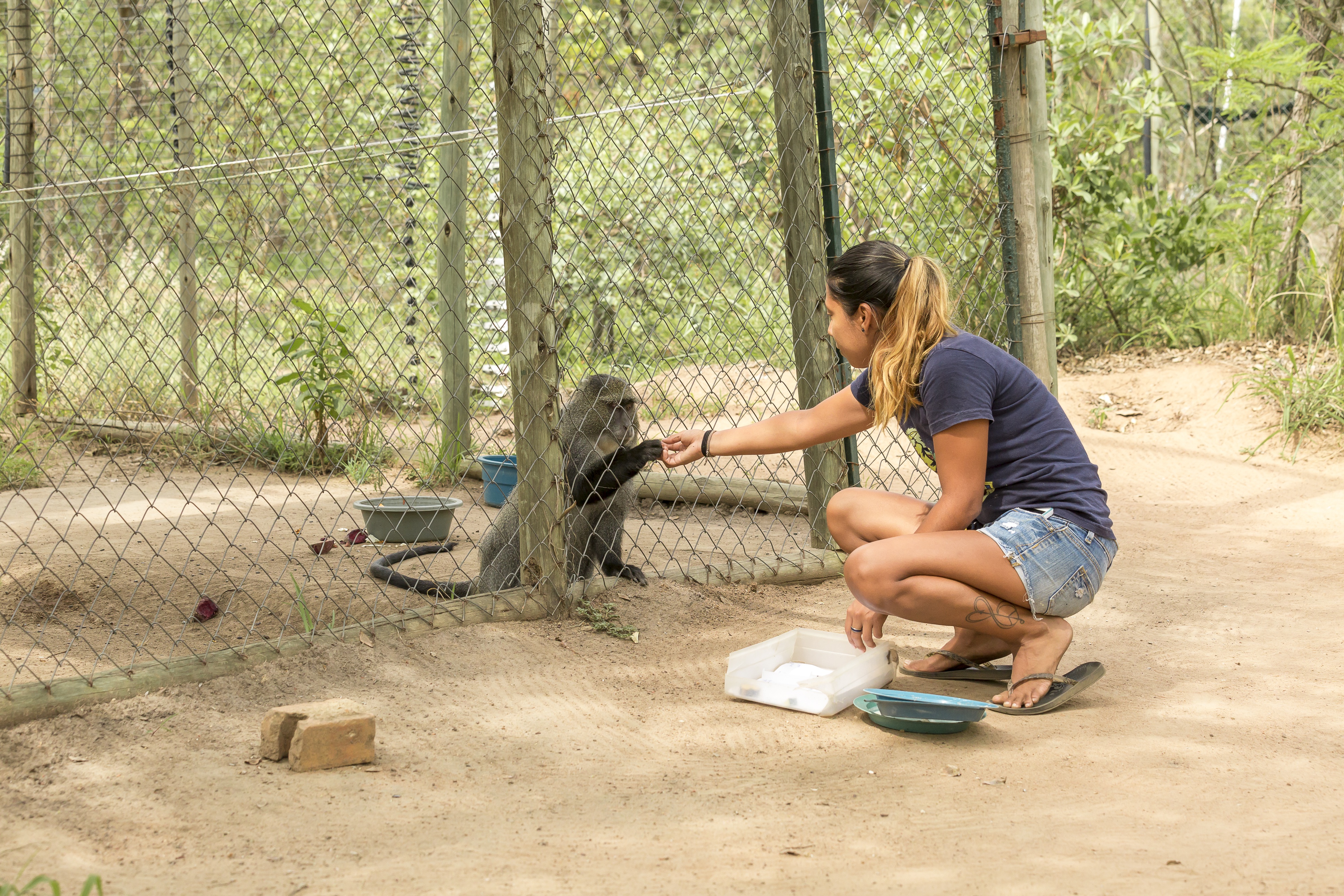
The Alliance Effect
PASA was founded by sanctuary leaders who recognized that by working together, they could accomplish more.
When a sanctuary joins PASA, they join not just an organization, but a whole network of global experts. PASA harnesses decades of experience, local knowledge, and trusted relationships to work together as a force of change across Africa.

